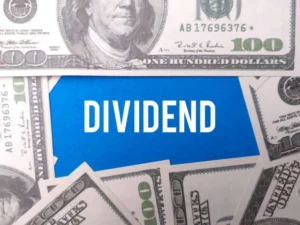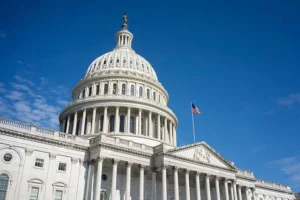Alaska’s top political leaders are divided over a massive federal budget bill that could deepen the Medicaid and SNAP crisis. Bipartisan legislative leaders warn that the bill’s cuts will hurt thousands of residents, while Governor Mike Dunleavy supports it for its long-term oil and gas provisions.
State House Speaker Bryce Edgmon and Senate Majority Leader Cathy Giessel published an op-ed calling the bill catastrophic. They said the proposed Medicaid and food assistance cuts would devastate public health and force the state into more profound economic distress. They also cited the bill’s rollback of renewable energy credits as a direct threat to local development projects.
Governor Dunleavy, however, has praised the bill’s potential to increase oil revenue and fund new Arctic energy projects. He supports provisions that promise new royalties from federal land leases—though those benefits would not begin until 2035.
Alaska’s U.S. Senators Lisa Murkowski and Dan Sullivan remain cautious. While both back the Trump-era tax cuts in the bill, they’ve expressed concern over Medicaid cuts. A third of Alaskans rely on Medicaid, and nearly one in ten depend on SNAP, heightening the bill’s disproportionate impact on the state.
Economist Kevin Berry noted that Alaska receives more federal funding per capita than any other state. He warned that losing Medicaid funds would harm low-income families and the healthcare sector—the state’s largest private employer.
Changes to SNAP could cost Alaska $38 million annually, partly due to its high benefit error rate. Senator Murkowski admitted the new SNAP rules would be nearly impossible to implement under current state conditions.
Representative Nick Begich voted for the bill in the House and supports its Medicaid work requirements. Critics say the changes risk worsening the Medicaid and SNAP crisis, especially given the state’s outdated application system and staff shortages.











